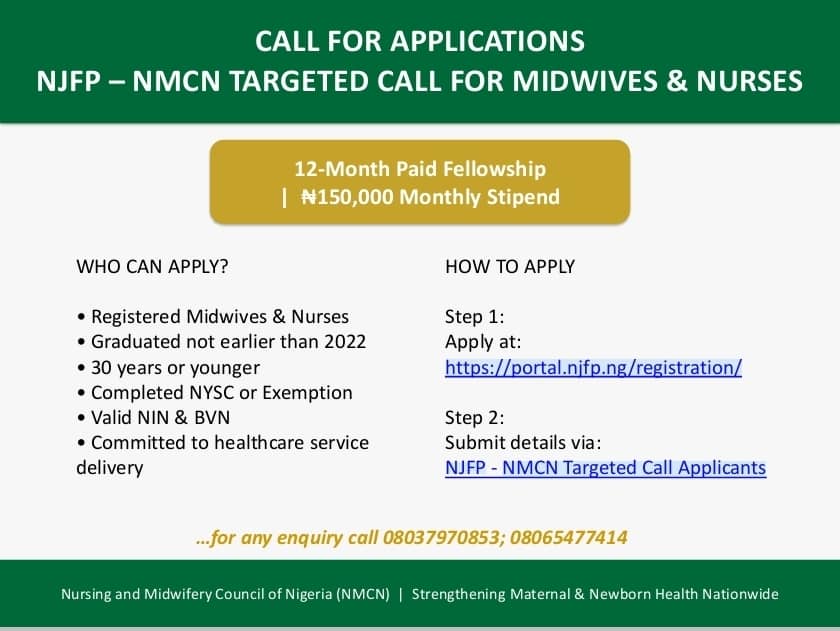These agreements will set the legal framework for World Bank-funded projects when a Government engages WHO to implement health technical assistance in countries.
During Ebola outbreak crisis in 2014, WHO and World Bank joined their efforts to support emergency operations in affected countries and others under risk countries. In the absence of legally agreed implementation mechanism, a specific Agreement only restricted to responding to the Ebola Virus Disease was set up to speed up emergency operations and response for a total of US$ 60 million in two years.
 Drawing from that experience, and given the recurrence of World-Bank financed operations and projects under governments that are implemented by WHO, the two Institutions have engaged in filling the gap by signing these Framework Agreements.
Drawing from that experience, and given the recurrence of World-Bank financed operations and projects under governments that are implemented by WHO, the two Institutions have engaged in filling the gap by signing these Framework Agreements. "WHO is the United Nations Specialized Agency, with a unique role in setting norms and standards for public health saving lives and improving health of people in all parts of the world- developed, developing, and poor countries. These will therefore contribute to saving lives, improving health standards and strengthening capacities , in particular towards achieving the Sustainable Development Goals.
During a ceremony held at WHO headquarters in Geneva, Switzerland on 17 November 2016, Dr Ian Smith, Executive Director, Office of the Director-General and Hartwig Schafer, World Bank Vice President for Operations Policy and Country Services, spoke about the importance of the new agreements – as " the signal of joining WHO and World Bank efforts to support countries improving health and achieving overall development targets.”
WHO has 194 member states, six regional offices, more than 150 country offices in the world, and is one of the most present UN and International organization at every level of the global map. WHO’s cooperation with the World Bank and the joint support to countries through these Agreements will inevitably improve implementation of policies and projects in countries.
ABUJA: Training Schedule for Basic Life Support BLS, Pediatric Advanced Life Support (PALS), Advanced Cardiovascular Life Support ACLS, First Aid, CPR, AED
PORTHARCOURT: Training Schedule for Basic Life Support BLS, Pediatric Advanced Life Support (PALS), Advanced Cardiovascular Life Support ACLS, First Aid, CPR, AED
LAGOS: Training Schedule for Basic Life Support BLS, Pediatric Advanced Life Support (PALS), Advanced Cardiovascular Life Support ACLS, First Aid, CPR, AED
STOP paying for airtime and electricity, Let your phone pay its bills with ScreenT





